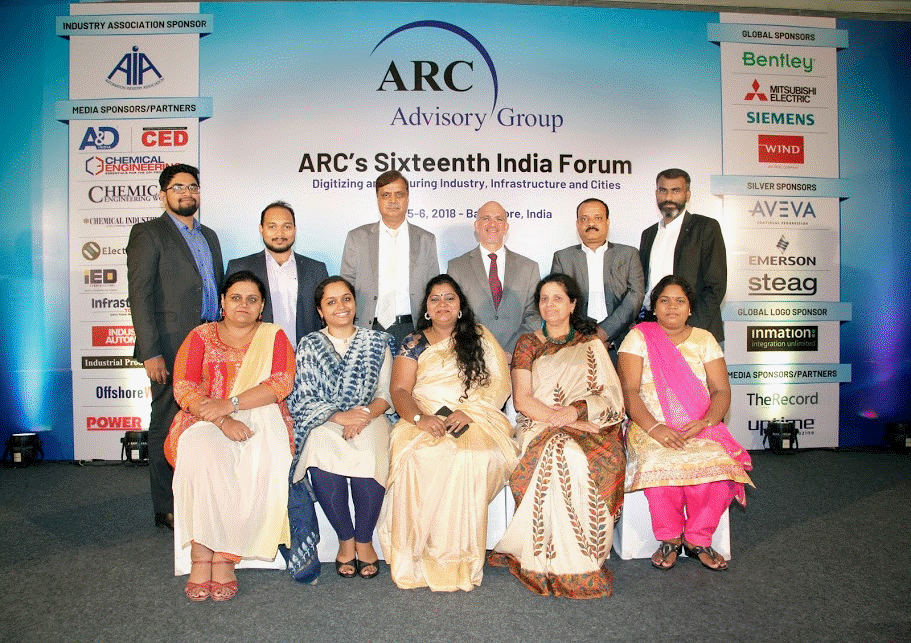

For the last few days the headlines are screaming "Walmart Acquires Flipkart". And the debate about how it will impact the India growth story is ongoing. Flipkart - India's first billion-dollar ecommerce company, sells 8 million products across 80+ categories and has 100 million registered users. Walmart had entered India in 2009 through a joint venture with Bharti Enterprises and later took full control of that venture in 2013. It currently operates about 21 wholesale stores in the country that serve small businesses. This time around, Walmart has changed its strategy and route to enter the India market. While Flipkart has attracted investments to rapidly grow its business, its main bait has been huge discounts. Walmart's investment would give Flipkart not just additional funds to gain online market share, but also provide a strong ally with vast experience in retailing, logistics, and supply chain management.
US retailer Walmart Inc acquired a 77 percent stake in Flipkart for about $16 billion – its biggest acquisition till date. The deal values the 11-year old Indian ecommerce firm at $20.8 billion. Sachin Bansal, who had co-founded Flipkart with Binny Bansal (not related) in 2007, would exit the company after the deal. Japan's SoftBank, an investor, may exit (still weighing its options because of tax liability) the company by selling its entire 20 percent stake in Flipkart. Other investors in Flipkart include China’s Tencent Holdings, Microsoft, Tiger Global, Naspers, and Accel; while the Bansals own just over 5 percent each of the company. More potential investors are being invited, but the majority stake will be held by Walmart. The deal is likely to be closed at the end of the financial year after getting regulatory approval.

For Walmart, the Flipkart deal will offer a major advantage in terms of presence in India’s ecommerce market. India is the next big potential prize for global retailers after the US and China, where foreign retailers have made little progress against Alibaba Group Holding.
India's ecommerce market is projected to grow to $200 billion in a decade, according to industry analysts, as cheap mobile data makes online shopping increasingly convenient and accessible. Flipkart gained online fashion market dominance with the 2014 acquisition of Myntra, which subsequently bought rival Jabong. Meanwhile, Amazon has committed to invest over $5 billion in India; so the stage is set for the retail battle.
Although this deal proves that Indian businesses are capable of offering big-buck exits to investors, it also shows that the country has not been able to nurture and sustain local champions. Even if Flipkart had become too big for Indian companies to back, investors say there were several other opportunities for local companies to support the country’s ecommerce boom. A technocrat commented, “Indian businessmen looked at the internet ecosystem with scepticism while foreigners saw value in it.”
Flipkart’s sale is also expected to give startups a boost both in terms of capital and confidence, as the deal establishes India as a lucrative market for more such investment exits. This acquisition will intensify competition in the online retail space in India. Experts say that the deal will pit Walmart and Amazon against each other in the Indian market, which will help boost the share of online in overall retail. Prasanto Roy, vice-president of Nasscom’s Internet Council, said “The ecommerce fight ahead should be less about market share than about growing the market manifold.”


